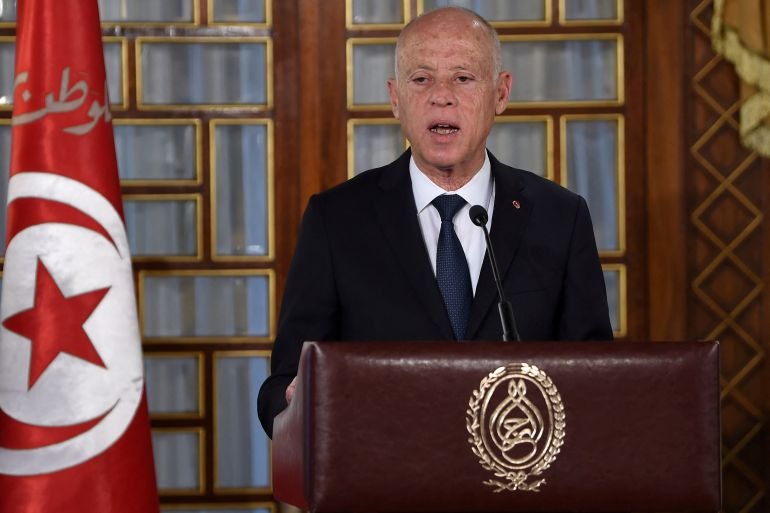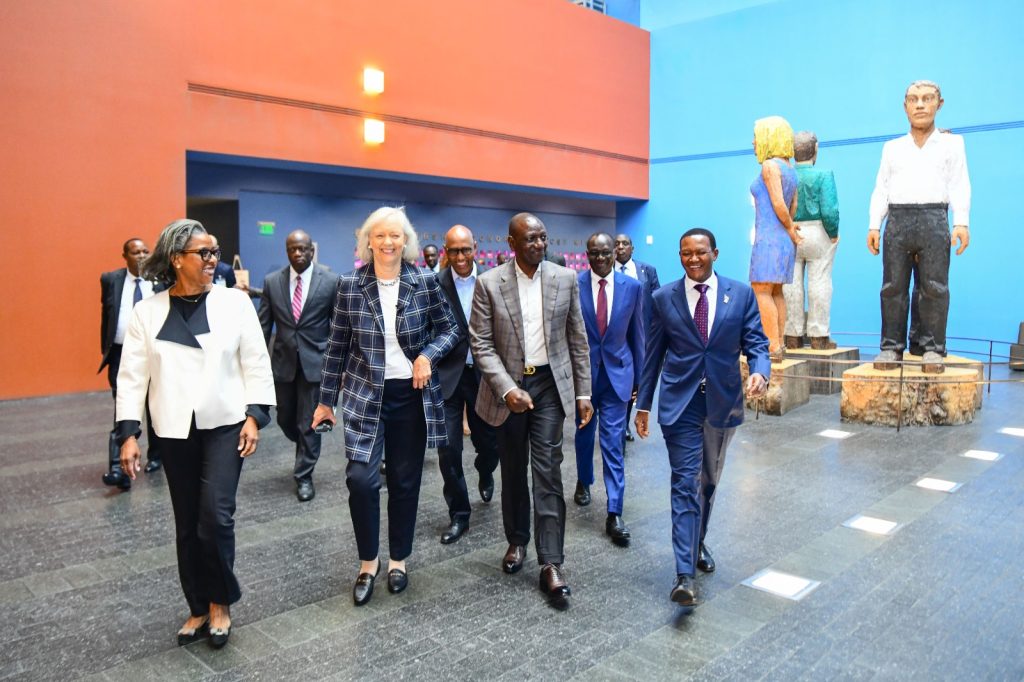Tunisia’s President Kais Saied has rejected the European Union’s (EU) recent offer of 127 million euros ($133 million) in aid, stating that it conflicts with the memorandum of understanding signed in July. This move has the potential to jeopardize the “strategic partnership” between Tunisia and the EU, which includes measures to combat human trafficking and strengthen border controls—an agreement that was reached during a period of increased migration from North Africa to Europe.
The European Commission’s decision to disburse the aid was aimed at supporting Tunisia’s efforts to combat illegal immigration from Africa to Europe. However, President Saied expressed Tunisia’s rejection of the offer, not due to the amount itself, but due to the potential conflicts with the previous July agreement. The July deal entailed a commitment of 1 billion euros in aid to Tunisia, encompassing economic support, financial recovery, and addressing the migration crisis.
The recent offer of a smaller amount from Europe has frustrated Tunisian authorities, as they grapple with the challenges of improving public finances. It has also raised concerns among credit rating agencies about Tunisia’s ability to meet its foreign debt obligations in the coming months.
The disagreement between Tunisia and the EU comes at a time when record numbers of migrants from Tunisia and North Africa have been arriving on Italy’s island of Lampedusa. This migration surge further underscores the urgency of finding effective solutions to address the root causes of migration and enhance cooperation between the involved parties.
Tunisia’s response to the migration agreement has included postponing a visit by a European Commission delegation that was intended to discuss the specifics of the agreement. Additionally, Tunisia recently denied entry to five members of the European Parliament’s foreign affairs committee, who sought to hold meetings on Tunisia’s political situation, citing concerns of interference in its internal affairs.
It is worth noting that some European countries, including Germany, have expressed opposition to the migration deal. Critics argue that the agreement fails to adequately address human rights concerns and the political situation in Tunisia following President Saied’s assumption of power, the closure of the Tunisian parliament, and the governance by decree—a move that the opposition has labeled as a coup.
The ongoing dispute between Tunisia and the EU highlights the complex challenges associated with managing migration and fostering cooperation between nations. As both parties navigate their respective priorities and concerns, it remains crucial to strike a balance that ensures the protection of human rights, addresses the root causes of migration, and promotes stability and prosperity for the people of Tunisia and the wider region.









No comment yet, add your voice below!